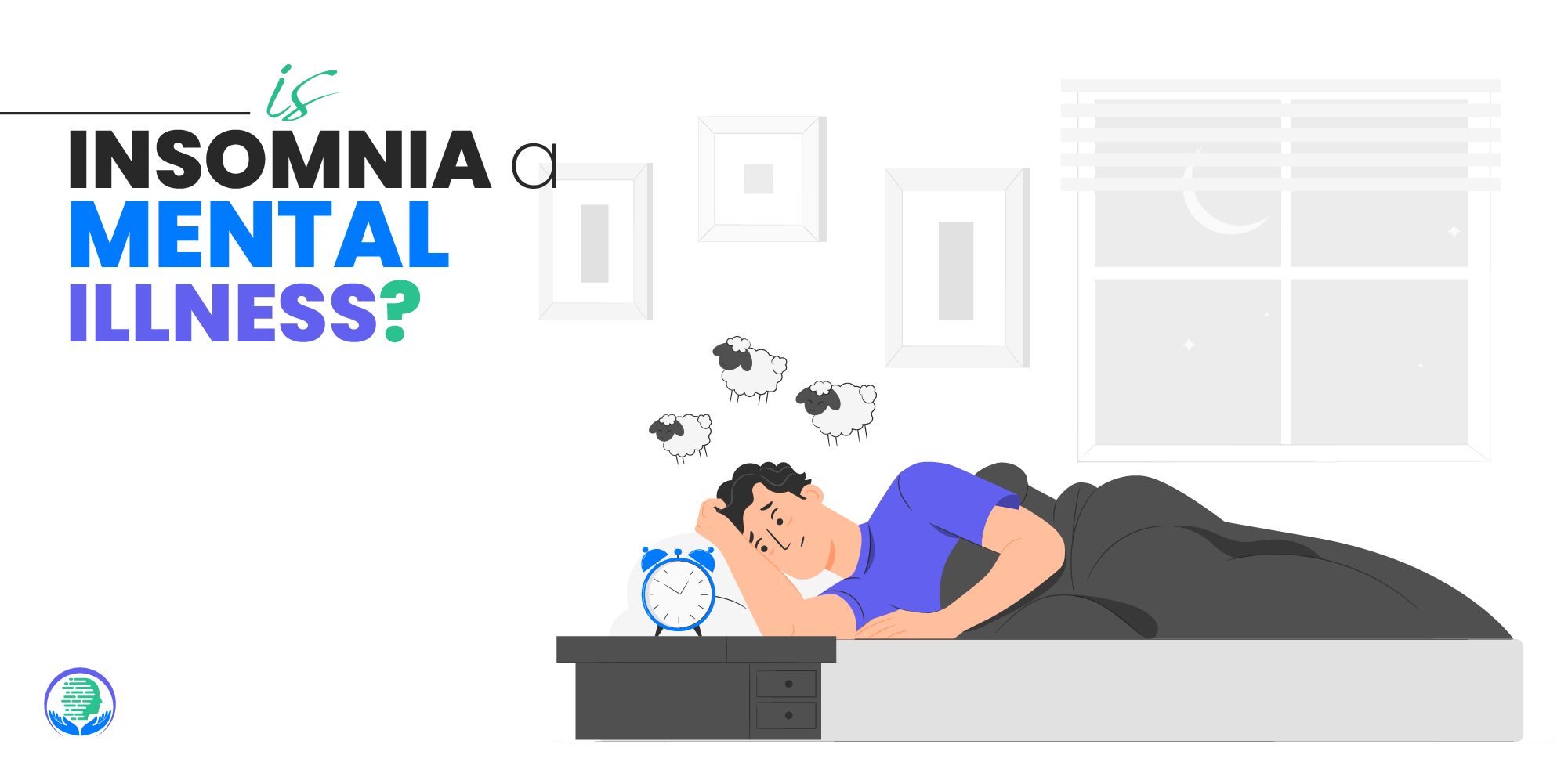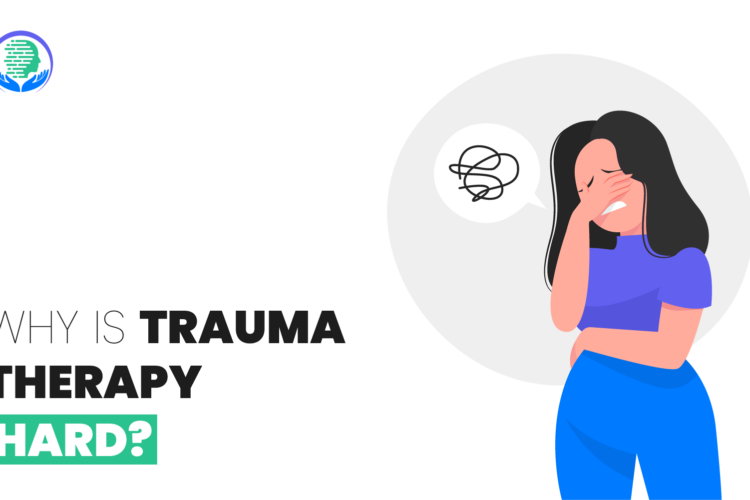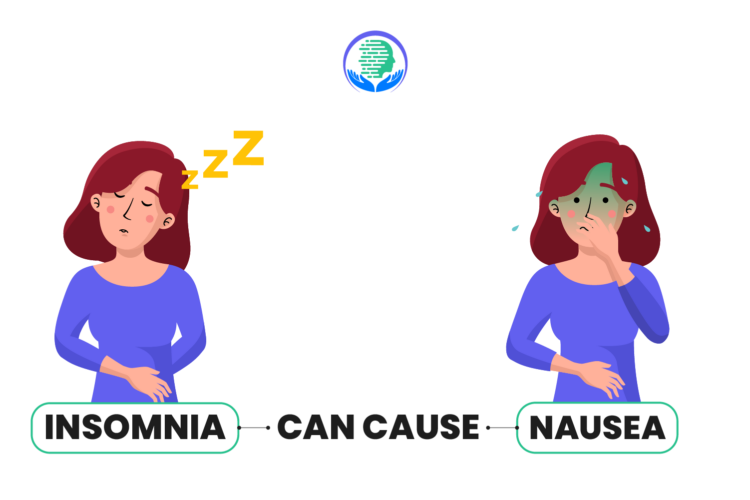
Insomnia is the inability to sleep.
About half of those with insomnia also have a mental health condition.
Sleep and mental health are intertwined; experts say not sleeping enough affects your thinking.
Having a mental health issue combined with insomnia makes it difficult to deal with.
In this blog post, you’ll learn if insomnia is a mental illness and how it’s related to mental health.
Is Insomnia a Mental Illness?
Insomnia itself isn’t a mental illness.
But insomnia can be found in people with mental health conditions like anxiety, depression, and PTSD.
Connection Between Insomnia and Mental Health
Insomnia is when it becomes hard for people to fall asleep or stay asleep. For some, sleep deprivation is the only issue.
But for lots of others, insomnia comes with mental health issues, too, such as feeling worried, down, or having other mental problems.
Experts say not sleeping well can alter the way your mind works.
In addition to that, having mental health issues can get in the way of your sleep, too.
It’s important to look after your health and wellness and those you love.
Please don’t hesitate to contact Zion Healthcare Services for insomnia treatment.
How Do You Fall Asleep with Insomnia?
- Set up a bedtime routine. Do relaxing activities like reading or taking a bath 30 minutes before bed.
- Make your bedroom dark, cool, and quiet.
- Avoid screens before bed, as the blue light can disrupt sleep.
- Limit caffeine, heavy meals, and alcohol in the evenings, as they can interfere with sleep.
- Try relaxation techniques like deep breathing, light yoga, or meditation in bed.
- If you can’t sleep, get up and do a calming activity until sleepy, then return to bed.
Effects of Mental Health on Sleep
Mental health issues can severely impact sleep quality and duration.
Conditions like depression, anxiety, PTSD, and bipolar disorder often involve biological changes – they disrupt circadian rhythms and the ability to relax at bedtime.
Make sure you’re taking care of your mental health, possibly through therapy and medication.
Depression
Managing insomnia well involves the treatment of depression.
Therapy, lifestyle changes, and medication can all help improve both mental health and sleep quality.
Factors that affect sleep:
- Ruminating thoughts and negative thought patterns can make it hard to relax the mind at bedtime.
- Depressive thoughts and worries can disrupt sleep continuity.
- It can be difficult to return to sleep due to racing thoughts and sadness.
- Some people with depression experience excessive sleeping as a way to disengage from life stresses.
- Depression can disturb hormones regulating hunger and wake-sleep cycles.
Anxiety
Thoughts of worry at bedtime make it hard to relax.
Physical feelings like a fast heartbeat or trouble breathing cause discomfort at night. Stress about not sleeping well becomes a problem that makes it harder to sleep.
Worried dreams combined with repeated wakings ruin overall sleep.
Tiredness from less sleep leads to more stress, panic, and exhaustion during the day.
Bipolar Disorder
With bipolar, a person’s mood goes up and down a lot.
When mood is high, the person might sleep a little. They have a lot of energy and don’t need much sleep.
Going between feeling up and down can mess with their sleep cycle.
Changes in focus, or issues like anxiety or drugs, can also disrupt sleep.
If bipolar isn’t treated well, insomnia can be a problem.
PTSD
PTSD can mess with sleep in different ways.
There is a fear of the traumatic thing happening again in bad dreams. This makes the person wake up a lot.
Even in bed, you feel worried and alert because you fear you might be in danger.
The bad memory can keep resurfacing in the mind. Relaxing and letting go can be difficult, which makes it hard to sleep or rest well.
Treatment is important for PTSD, as it can affect sleep, too.
Final Thoughts
Is Insomnia a mental illness? Insomnia, by itself, is not a mental illness. There are times when it appears on its own, but other mental health issues can also cause it.
In case insomnia is the symptom of a mental health condition, it is essential to treat the primary problem to overcome and manage insomnia.
Insomnia is extremely common but doesn’t have to slow down your life.
The caring professionals at Zion Healthcare Services are here to help you get the sound, restful sleep you deserve.
FAQs
What type of mental illness is insomnia?
Insomnia is not classified as a mental illness on its own. However, it is often a symptom of underlying conditions like anxiety disorders, depression, PTSD, and others that directly impact sleep patterns and quality.
Can people with insomnia lead a normal life?
Insomnia can make daily life more difficult; many people can lead relatively normal lives with the condition.
How do you fix bad insomnia?
To fix bad insomnia, those suffering often work with doctors and sleep specialists to develop a treatment plan using approaches like:
- Cognitive behavioral therapy.
- Improving sleep habits.
- Limiting caffeine and screen time before bed.
- Relaxation techniques.
- Occasionally, medication is needed.


